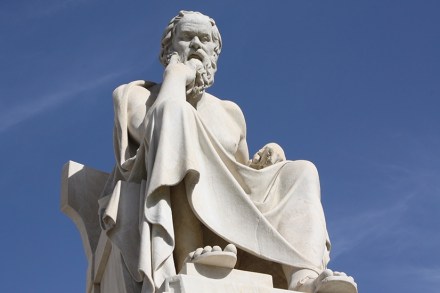How a Roman emperor would handle Navalny
A Roman emperor would consider the tyrant Putin’s treatment of Alexei Navalny’s supporters as foolish but, looking at Russia as a whole, would not see Navalny as a danger to Putin’s tyranny. The emperor took a largely eirenic view of angry mobs. If they were asking for e.g. food in a shortage, he supplied it.




















